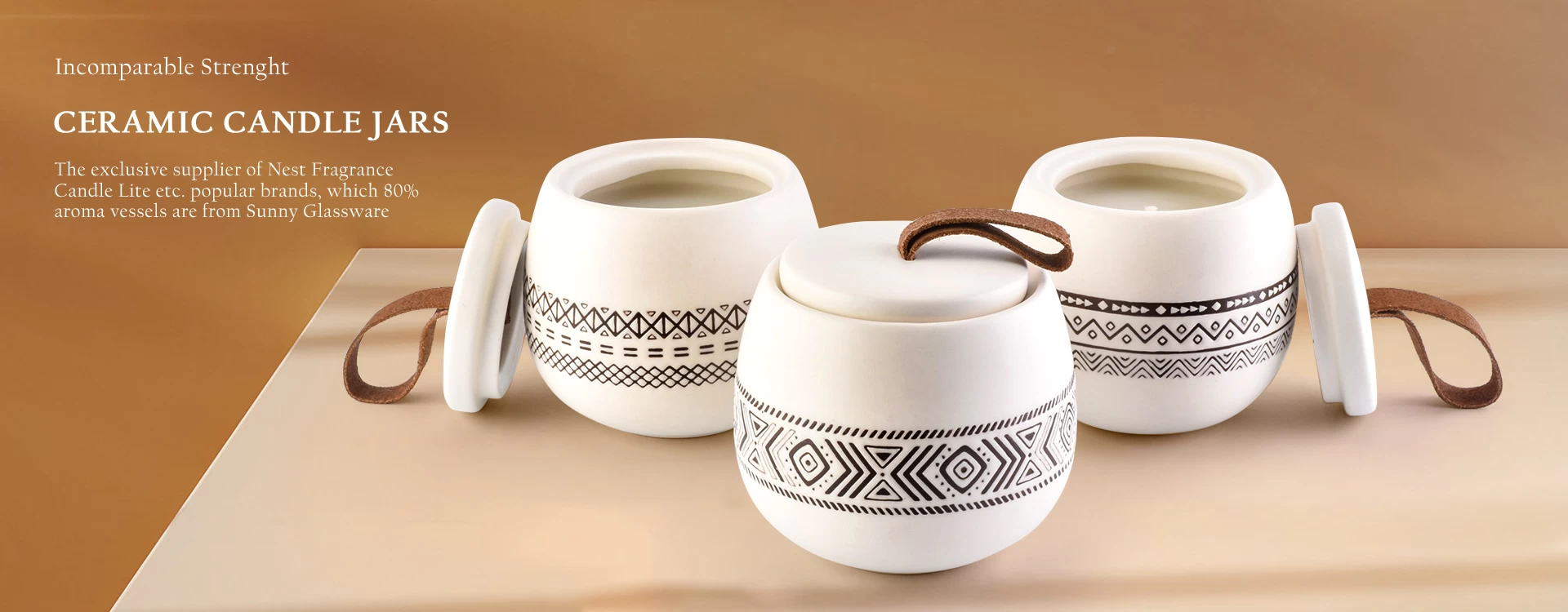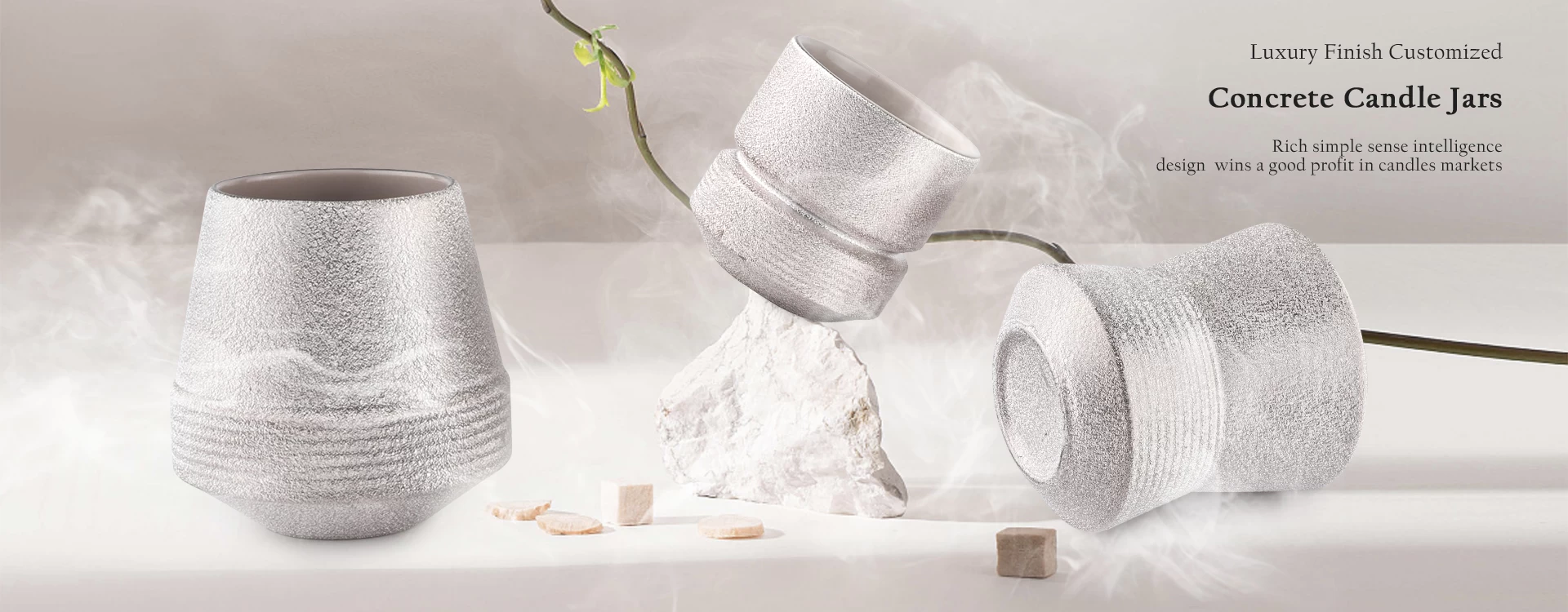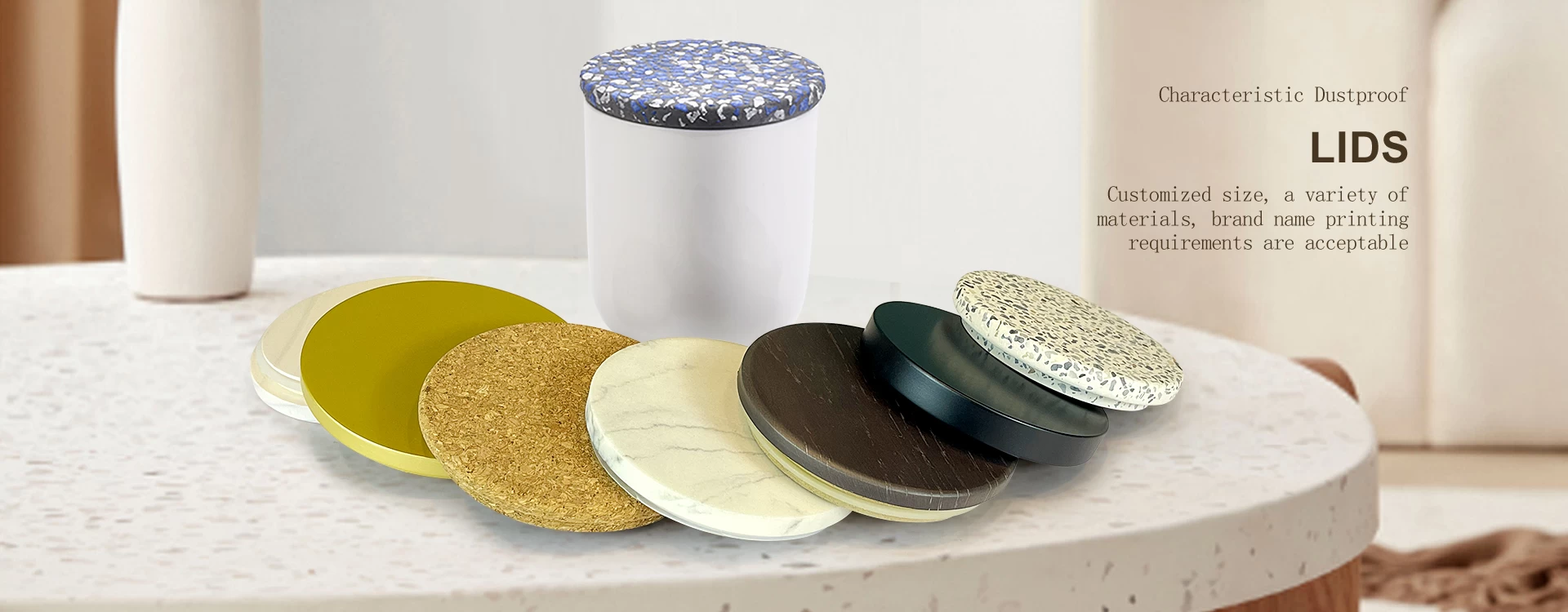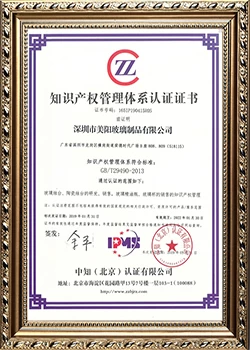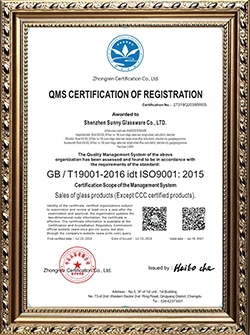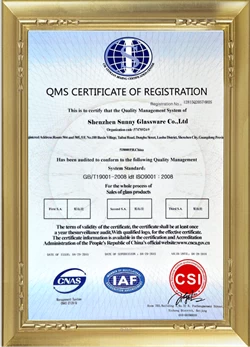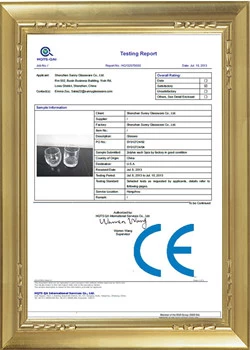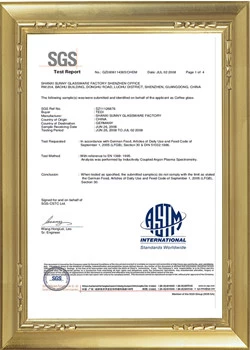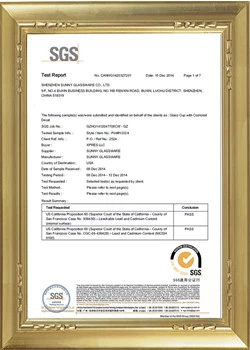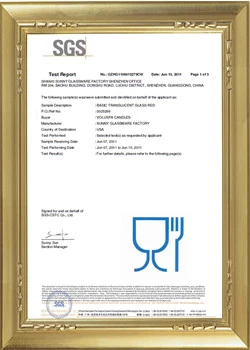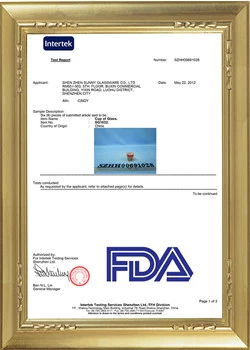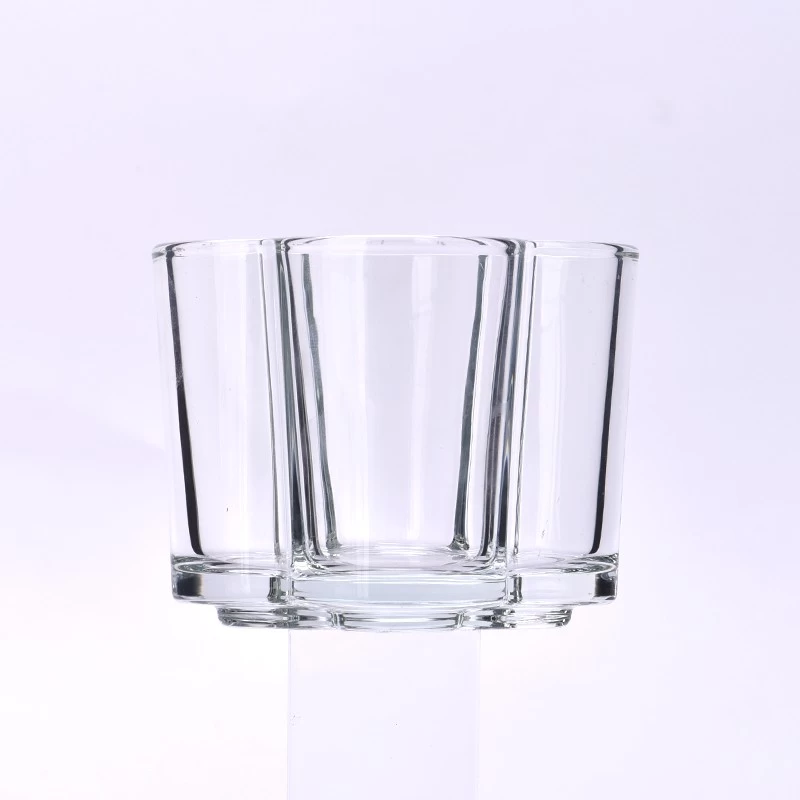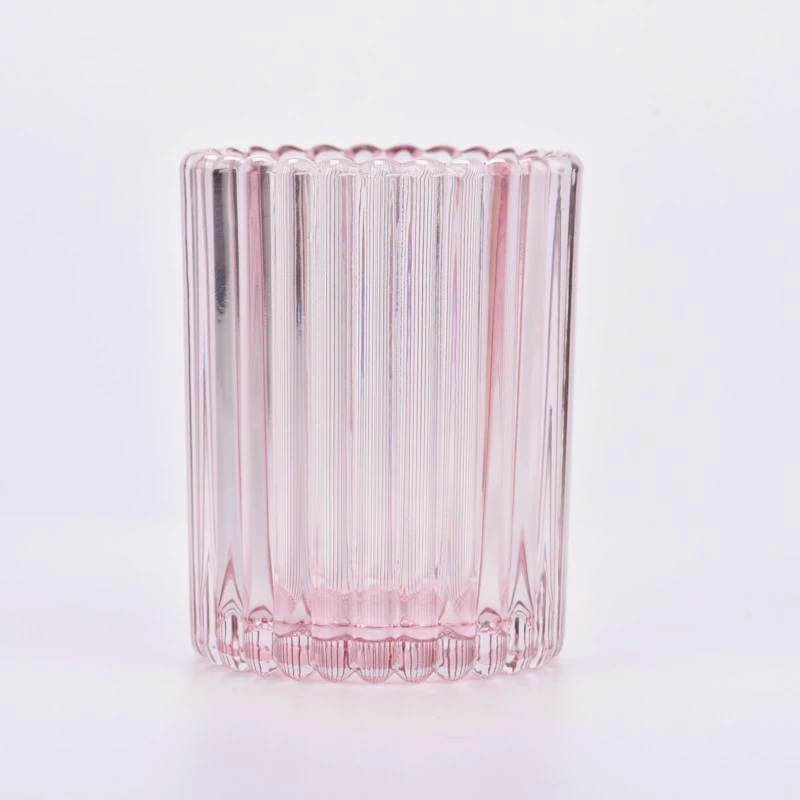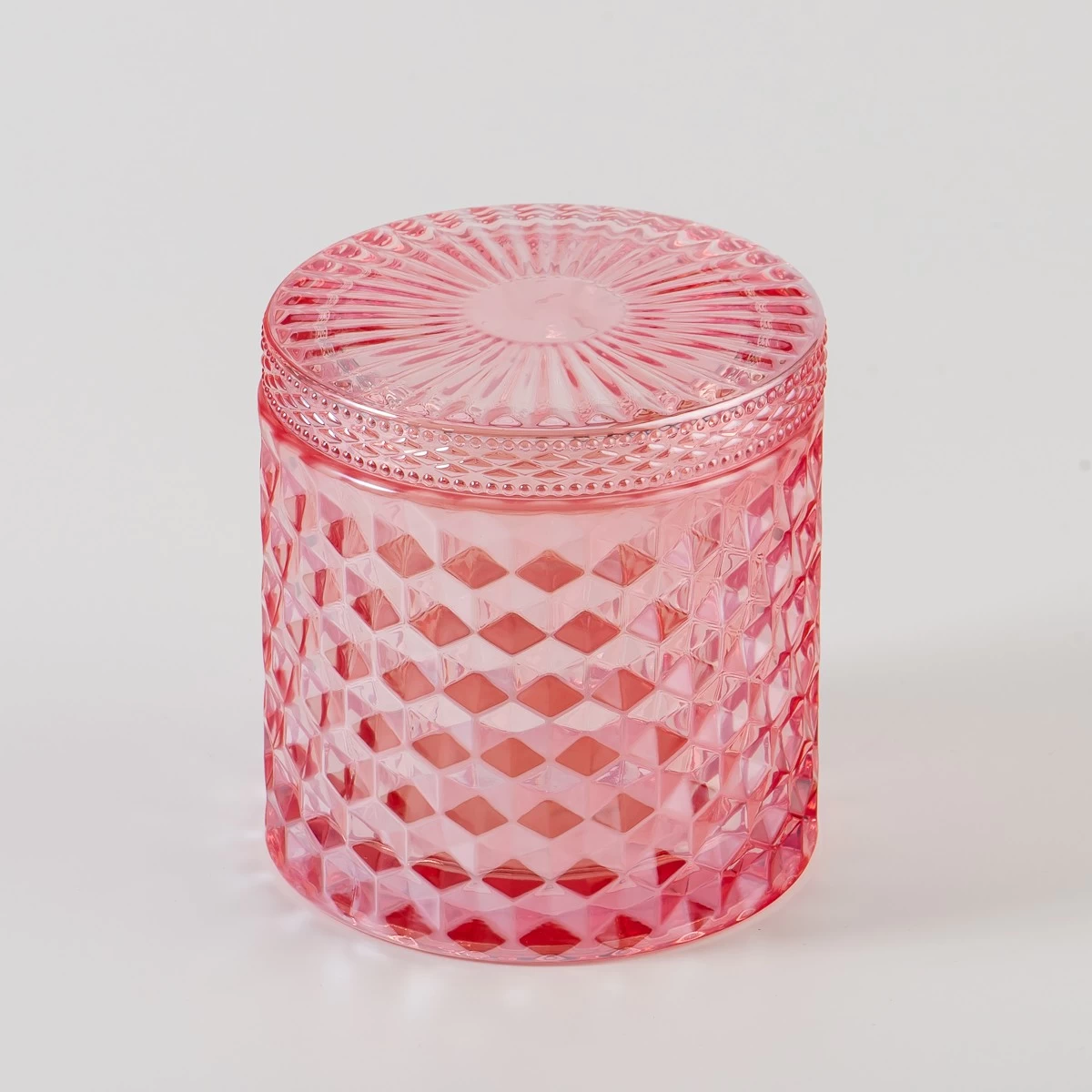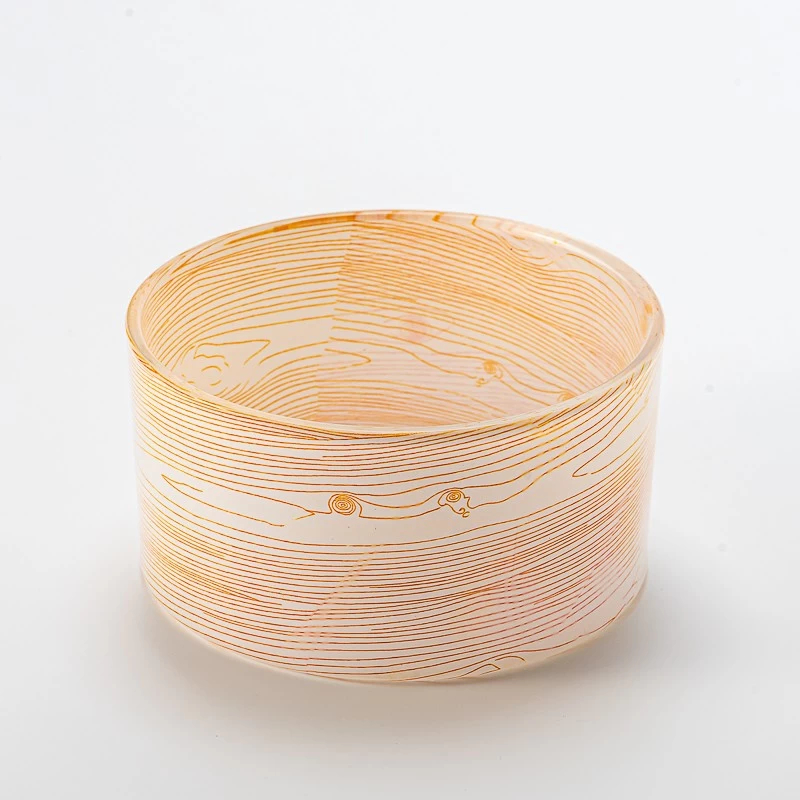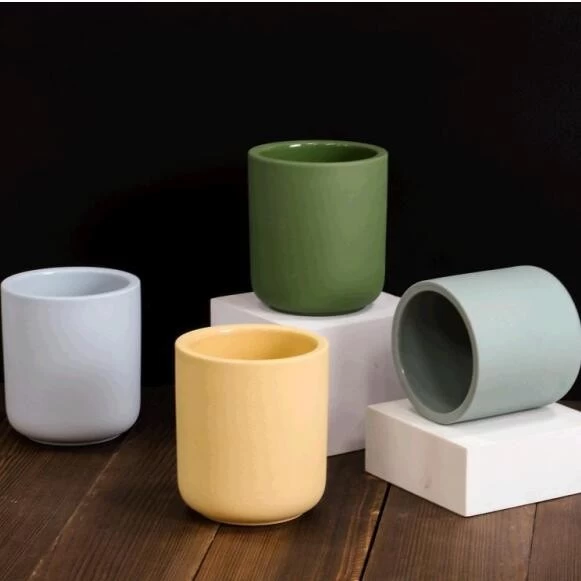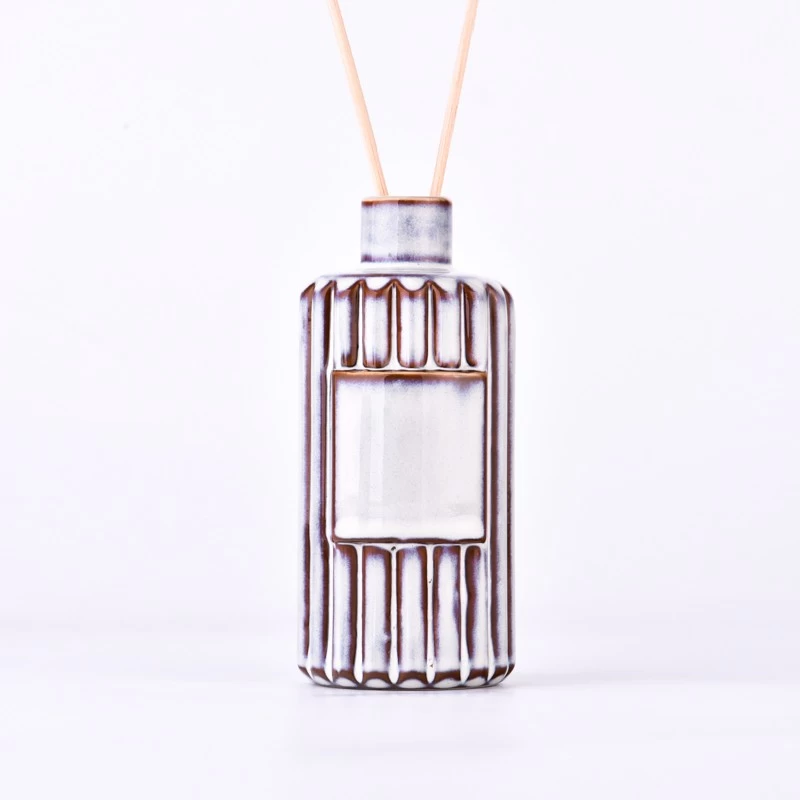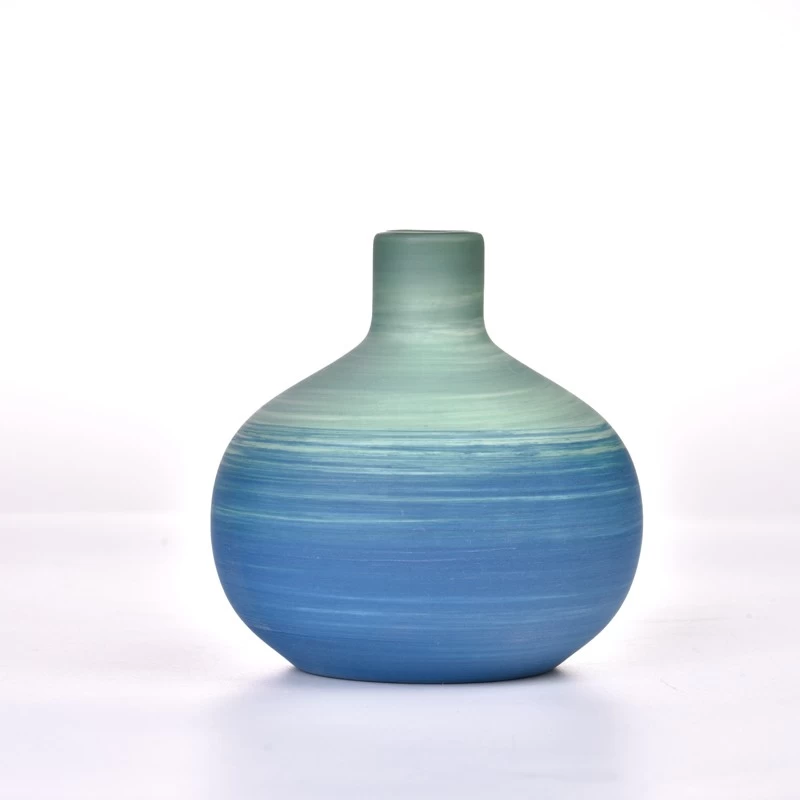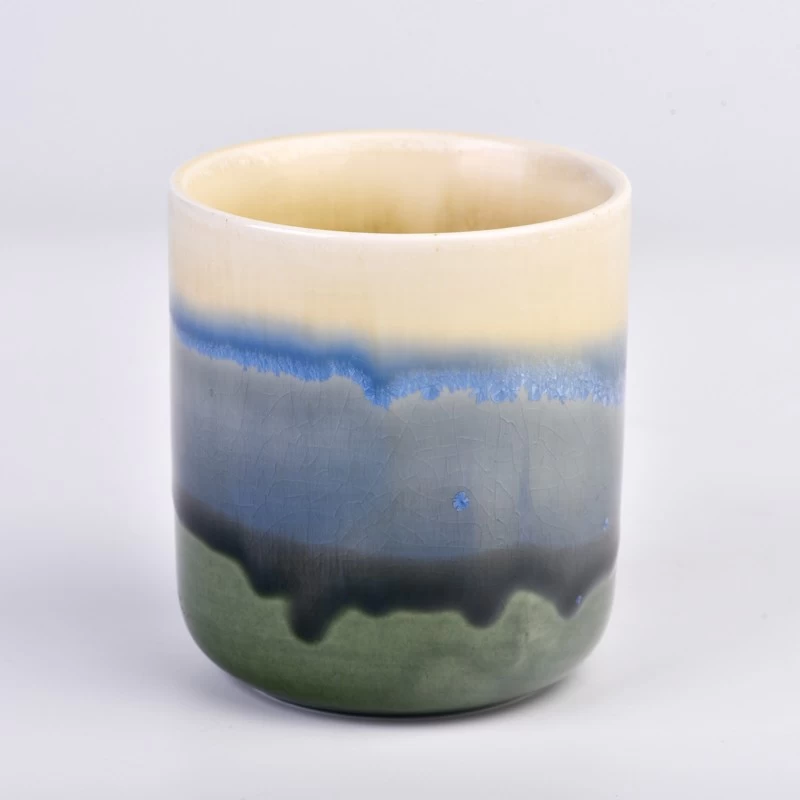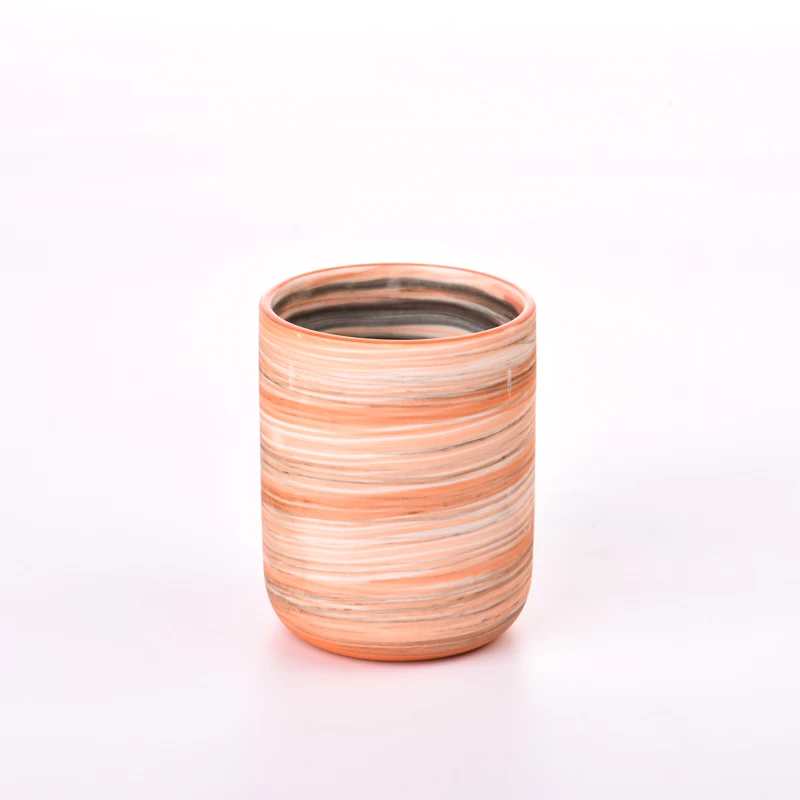What are Fine Ceramics?
The term originally referred to china almost exclusively. Nowadays, however, we often refer to non-metallic, inorganic substances such as refractories, glass and cements as ceramics. For this reason, ceramics are now regarded as "non-metallic, inorganic substances that are manufactured through a process of molding or shaping and exposure to high temperatures."
Among ceramics, porcelains are used in electronics and other high-tech industries, so they must meet highly precise specifications and demanding performance requirements. Today, they are called Fine Ceramics (also known as “advanced ceramics”)* to distinguish them from conventional ceramics made from natural materials, such as clay and silica rock. Fine Ceramics are carefully engineered materials in which the chemical composition has been precisely adjusted using refined or synthesized raw powder, with a well-controlled method of forming and sintering.
Also, according to ISO** 20507 ("Fine ceramics - Vocabulary") and JIS*** R 1600, Fine Ceramics are "produced with precisely controlled chemical compositions, microstructures, configurations and production processes to fulfill intended functions and which are composed mainly of non-metallic, inorganic substances."








